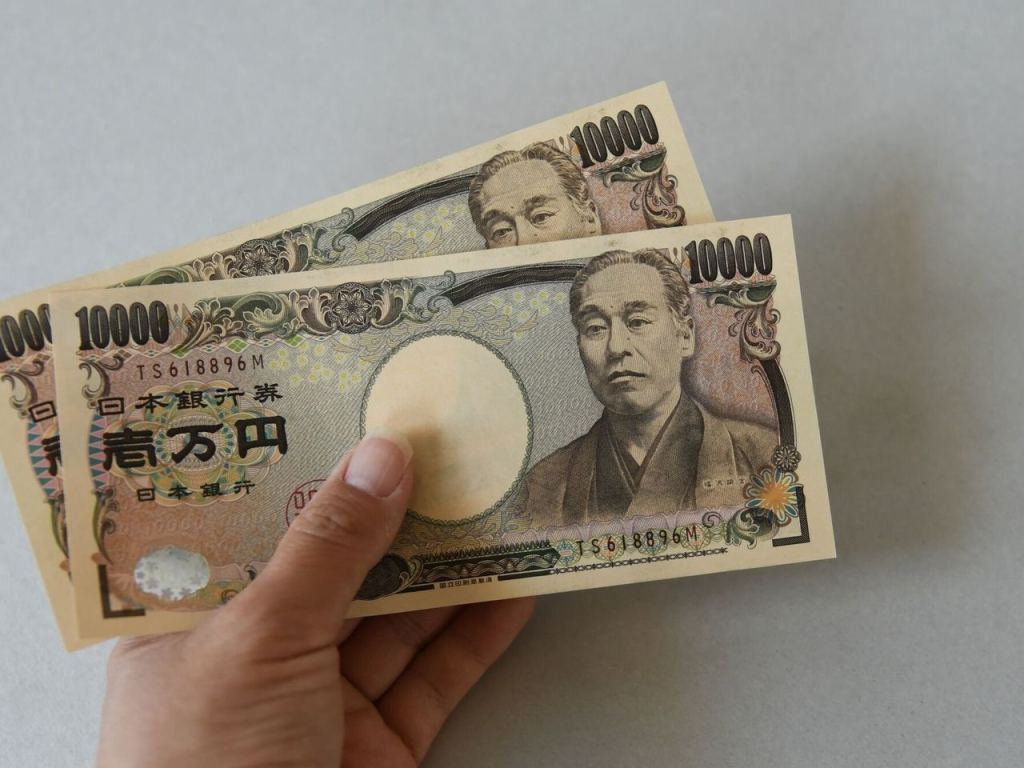The yen edged higher on Monday, reversing early declines, with sentiment still fragile following the Japanese currency’s best weekly rally since late April after a U.S. tech-led stock rout ignited demand for safe haven assets.
Traders are now looking ahead to policy decisions by the Bank of Japan and the Federal Reserve, both on Wednesday, for further direction. Rising speculation for a BOJ interest rate hike this week has helped buoy the yen, with the Fed also widely expected to set the stage for a September rate cut.
Investor were also wary of further geopolitical volatility, with Israel weighing a response to a deadly rocket strike in the Israeli-occupied Golan Heights which Israel and the United States blamed on Lebanese armed group Hezbollah.
The dollar was last down 0.14% at 153.51 yen after slipping as much as 0.49% to the cusp of 153 at one point.
It had started the day by gaining as much as 0.36%, as the global equity market rebound from Friday extended into Monday in Asia, with Japan’s Nikkei stock average up more than 2%.
The dollar dipped as low as 151.945 on Thursday for the first time since May 3, and ended the week down 2.4%.
“The rally seemed to stall” in dollar-yen following the Israel news, though the cause was not clear, said Shinichiro Kadota, a currency and rates strategist at Barclays in Tokyo. “Sentiment remains fragile.”
Ultimately, “U.S. equities are still the key,” Kadota added. “Market moves have been led by U.S. equities, and we need to see if things stabilize there.”
The U.S. earnings calendar this week is populated with heavyweights including Amazon, Apple, Meta and Microsoft.
Currency traders also need to contend with not just the BOJ and Fed on Wednesday, but the Bank of England a day later.
Speculation has grown that the BOJ will raise interest rates on Wednesday at the same time as significantly reducing its monthly bond purchases. It had promised to outline its quantitative tightening (QT) plans at this meeting during its previous gathering last month.
Elsewhere, the Fed is widely expected to leave rates unchanged this week, but cut them by a quarter point at the following meeting in September.
“USD/JPY was overvalued but momentum is strongly against this currency pair now,” said Kristina Clifton, senior economist and chief currency strategist at Commonwealth Bank of Australia.
The Federal Open Market Committee decision is the “big event” and risks to dollar-yen are “asymmetric”, she said.
“Any hints of loosening by the FOMC could pull USD/JPY down significantly, but a hawkish FOMC will probably have little impact,” she added.
The dollar index, which measures the currency against the yen, euro, sterling and six other major peers, fell 0.1% to 104.27.
The euro eased 0.06% to 166.76 yen, and was little changed at $1.0858.
It was flat at 84.35 British pence, not straying far from the high of 84.48 pence from Friday, the strongest since July 10.
Sterling added 0.07% to $1.2875.
Markets see the odds of a BoE first rate cut on Thursday as a coin toss.
Elsewhere, the Australian dollar gained 0.07% to $0.6562, attempting to recover from Friday’s low of $0.65105, a level not seen since the start of May.
Leading cryptocurrency bitcoin advanced 3.35% to $69,700, receiving some support from positive comments from Republican presidential candidate Donald Trump, who told a bitcoin conference on Saturday that the U.S. must dominate the sector or China would.



